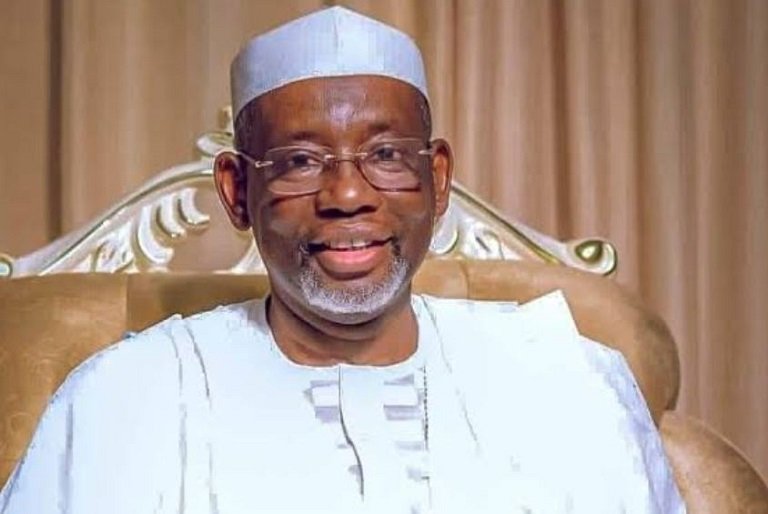The Organisation of Petroleum Exporting Countries (OPEC) estimates that the demand for primary energy would rise by 23% between now and 2045, necessitating the use of all available energy sources.
According to the OPEC, several of its member countries have made significant investments in renewable energy as a consequence of its World Oil Outlook (WOO) prediction, which has garnered support from the G20 emerging countries.
At the sixth Nigeria International Energy Summit (NIES 20223), which had the topic “Global Perspectives for a Sustainable Energy Future,” OPEC Secretary-General Haitham Al Ghais made this statement.
President Muhammadu Buhari opened the summit in the Presidential Banquet Hall via Mr. Boss Mustapha, Secretary to the Government of the Federation. The summit was slated to take place from April 16 to April 20.
Al Ghais featured hydrogen projects, the Circular Carbon Economy, Carbon Capture Utilisation and Storage (CCUS), waste-to-energy production, and solar, nuclear, wind, and other sustainable sources of energy.
“At OPEC, we understand that the complexity of the climate crisis calls for all-encompassing solutions. There is no magic bullet that can handle it by itself.
“By acting as a strong innovator in creating cleaner and more effective technical solutions, the oil and gas sector can grow its resources and skills and help unlock our emissions-free future.
“A wide variety of mitigating strategies are required.
“All efforts must take into consideration the capabilities and national conditions of emerging nations. We must always remember that sustainable development and climate change are two sides of the same coin, he remarked.
He said that OPEC, an international body made up solely of developing nations, seven of which are African, would want to hear from all perspectives when talking about energy transitions.
He said that from the UN Intergovernmental Negotiating Committee in 1990 through COP27 in Sharm El-Sheikh in 2022, it has played a crucial role in the development of the United Nations Framework Convention on Climate Change (UNFCCC).
“We are thrilled that our Member Country, the United Arab Emirates, will host COP28.
“OPEC and its Member Countries are proactive in seeking for a diversified variety of energy sources to fulfil the demands of the future,” he added, in addition to participating in climate discussions.
The Secretary-General said that by 2045, the global oil industry alone will need cumulative investments of $12.1 trillion.
He said that recent proposals to restrict or cease financing for new oil and gas projects had been discouraging and had a particularly negative effect on developing nations having oil and gas resources.
“This huge continent of Africa contains proven oil reserves of 120 billion barrels and natural gas reserves of 18 trillion standard cubic metres.
Investment levels must be sufficient while taking steps to lessen the oil industry’s carbon impact for nations to effectively use these resources for the benefit of their citizens.
The fulfilment of this potential is, however, hampered by efforts by financial institutions to restrict and strictly regulate how money is invested in fossil fuels under environmental, social, and governance (ESG) limitations.
Al Ghais praised President Muhammadu Buhari for his steadfast support of OPEC and expressed interest in continuing that collaboration with the future government, which will be headed by Sen. Bola Tinubu, the president-elect.











